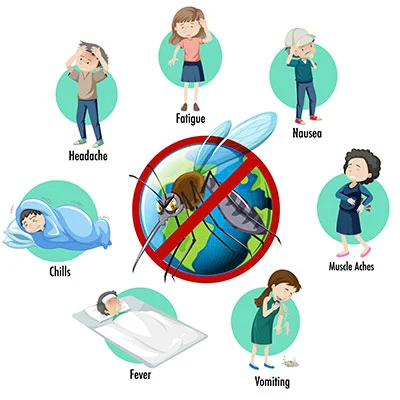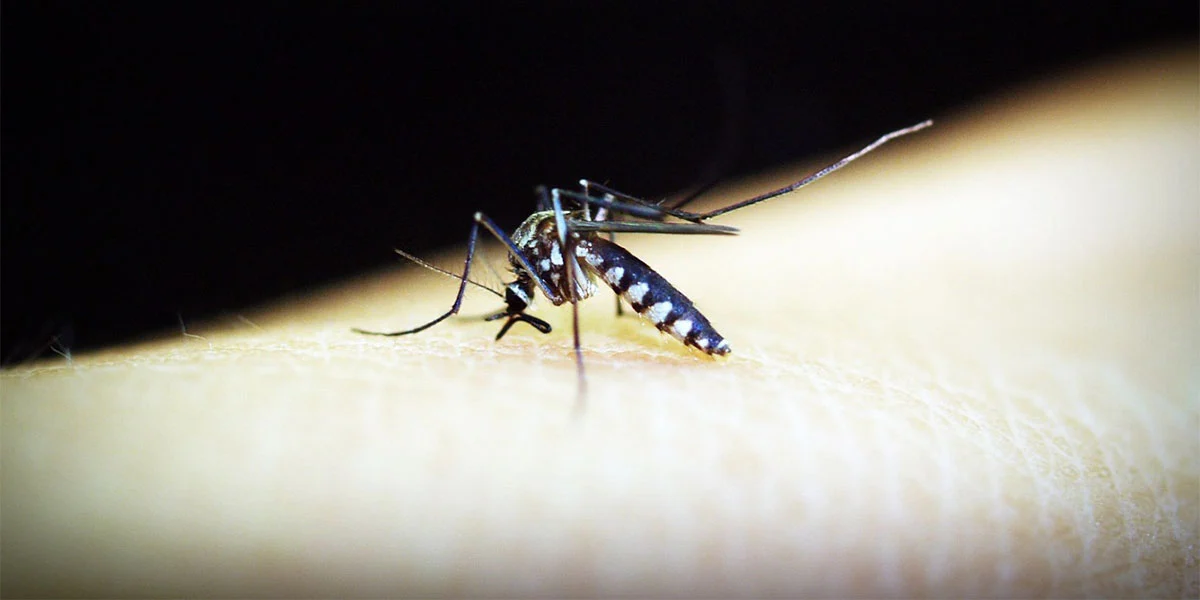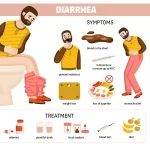Dengue fever is a viral infection transmitted by mosquitoes, primarily the Aedes mosquito species. There is no specific treatment for dengue, so prevention is key. Here are some safety tips to help prevent dengue fever:
- Eliminate Mosquito Breeding Sites: Mosquitoes that carry dengue breed in stagnant water. Regularly inspect your surroundings and remove any standing water, such as in flower pots, buckets, discarded tires, or any other containers that can collect rainwater.
- Use Mosquito Nets and Screens: Use mosquito nets while sleeping, especially if you live in or are traveling to areas with high dengue risk. Also, ensure windows and doors are equipped with screens to keep mosquitoes out.
- Wear Protective Clothing: When you are outdoors, wear long-sleeved shirts, long pants, socks, and shoes to minimize exposed skin and reduce the risk of mosquito bites.
- Apply Mosquito Repellent: Use insect repellents containing DEET, picaridin, or oil of lemon eucalyptus on exposed skin and clothing. Follow the product instructions and reapply as necessary.
- Avoid Peak Mosquito Activity: Mosquitoes that transmit dengue are most active during early mornings and late afternoons. If possible, limit outdoor activities during these times or take extra precautions to prevent mosquito bites.
- Keep Surroundings Clean: Maintain cleanliness in your living area and community to reduce potential mosquito breeding sites. Dispose of trash properly and encourage others to do the same.
- Seek Medical Attention: If you experience symptoms such as high fever, severe headache, pain behind the eyes, joint and muscle pain, rash, or bleeding, seek medical attention immediately. Early diagnosis and proper medical care are essential for managing dengue fever.
- Avoid Self-Medication: Avoid using non-prescription pain relievers, such as aspirin and ibuprofen, as they can increase the risk of bleeding if you have dengue fever. Use acetaminophen (paracetamol) for fever and pain relief, as it is less likely to cause bleeding complications.
- Stay Informed: Keep yourself informed about dengue fever outbreaks in your area and follow any public health advisories or guidelines issued by local health authorities.
Preventing dengue involves individual and community efforts. By taking these safety tips seriously, you can significantly reduce the risk of contracting dengue fever and contribute to the overall control of the disease in your region.

Symptoms of dengue
Dengue fever is a viral infection caused by the dengue virus, which is transmitted to humans through the bites of infected Aedes mosquitoes, primarily Aedes aegypti and Aedes albopictus. The symptoms of dengue can vary depending on the severity of the infection, but here are the common symptoms:
- High Fever: Sudden onset of high fever is one of the hallmark symptoms of dengue. The fever can be as high as 104°F (40°C) and typically lasts for 2-7 days.
- Severe Headache: Intense headache, often located behind the eyes, is another frequent symptom of dengue fever.
- Pain in Muscles and Joints: Dengue fever is also known as “breakbone fever” because of the severe muscle and joint pain it causes. The pain can be quite debilitating and may persist for several days.
- Nausea and Vomiting: Many individuals with dengue fever experience nausea, vomiting, and a loss of appetite.
- Skin Rash: A rash may appear a few days after the onset of fever. The rash is typically maculopapular, meaning it consists of flat, red spots (macules) and raised, red, or pink bumps (papules).
- Mild Bleeding: Some patients with dengue fever may experience mild bleeding, such as nosebleeds, bleeding gums, or easy bruising.
- Mild to Severe Dehydration: Due to high fever, sweating, and reduced fluid intake, dengue can cause dehydration. Severe dehydration can be dangerous and requires medical attention.
- Lethargy and Fatigue: Dengue fever can lead to extreme tiredness and fatigue, which may persist even after the fever subsides.
It’s important to note that the symptoms of dengue can range from mild to severe. In some cases, the infection can progress to a more severe form known as dengue hemorrhagic fever (DHF) or dengue shock syndrome (DSS). These severe forms of dengue can be life-threatening and may involve additional symptoms such as severe abdominal pain, persistent vomiting, bleeding from the nose or gums, rapid breathing, and a decrease in platelet count.
If you suspect you or someone else may have dengue fever, seek medical attention promptly. Early diagnosis and proper medical care can help manage the symptoms and prevent complications associated with severe dengue.
If you don’t like this article/post please share your feedback.





